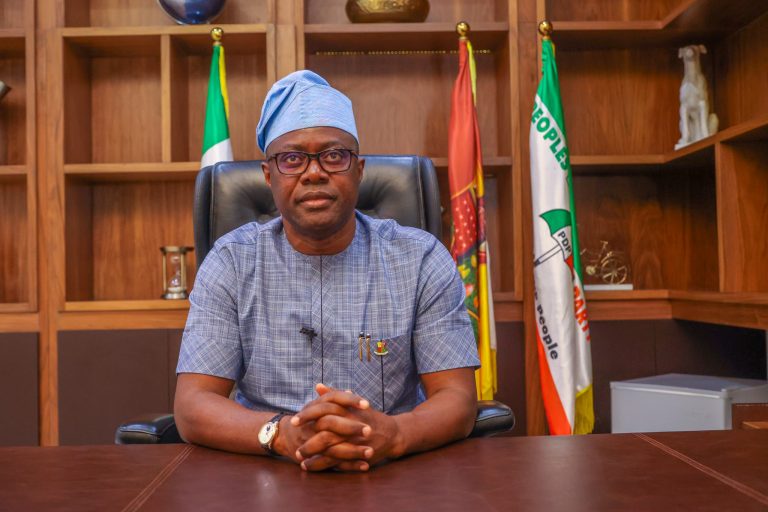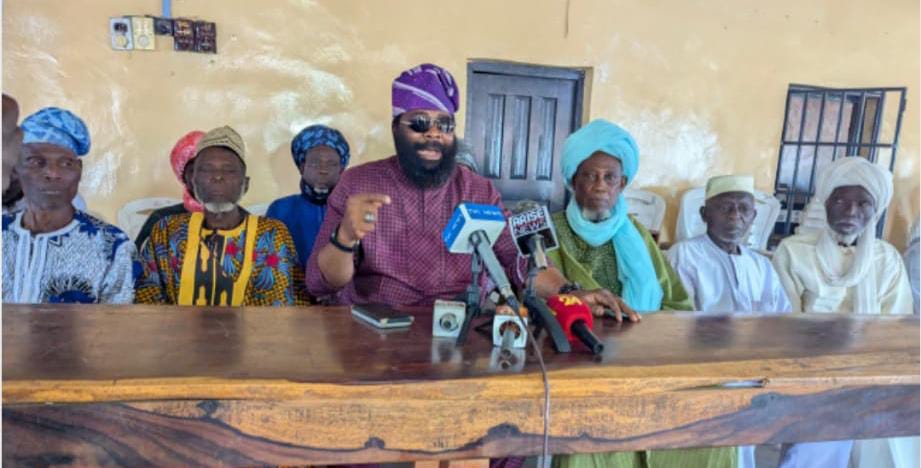National Population Commission To Conduct Census In 2025
Written by News Desk on November 28, 2024
Nigeria will have its long overdue population census in 2025, according to Nasir Isa Kwarra, the chairman of the National Population Commission (NPC).
Kwarra revealed the information at the Nairobi Summit on the International Conference on Population and Development (ICPD) 2024 Anniversary on Thursday in Abuja
Recall that the United Nations advises that population counts be carried out every ten years, however Nigeria hasn’t done one since 2006, leaving the nation without a precise population count for sixteen years.
Under President Muhammadu Buhari’s government, the census was meant to take place in 2023, however it did not see the light of the day, missing two of its scheduled dates.
The delay in conducting a population and housing census, which is essential for making well-informed decisions, is a significant setback Nigeria faces, according to Kwarra’s address.
He claimed that the census’s delay, especially in light of budgetary and logistical limitations, had made it more difficult to evaluate the entire range of population requirements and distribute resources efficiently, particularly in underserved and rural areas.
“This gap in accurate population data poses challenges in tailoring reproductive health services and interventions to specific demographic groups, ultimately undermining progress toward reducing maternal mortality and improving access to family planning.
“We are gathered in the spirit of a shared commitment to progress, inclusivity, and the empowerment of individuals, particularly women and young people. Our focus is on advancing sexual and reproductive health, eliminating gender-based violence (GBV), and promoting equal opportunities for everyone in our nation.
“We must continue our march to address these challenges head-on. For many in our communities—particularly women, girls, and young people—sexual and reproductive health rights (SRHR) remain out of reach. This is not just a health issue; it is also an issue of social and economic justice. When individuals are denied the ability to make choices about their health and lives, it limits their potential, reduces opportunities, and impacts society as a whole.”






